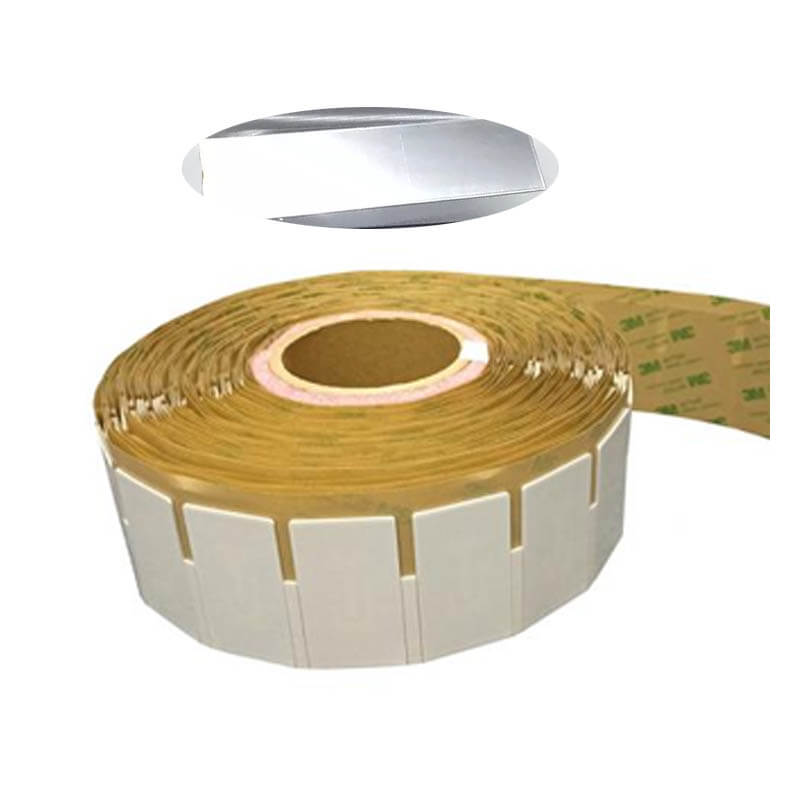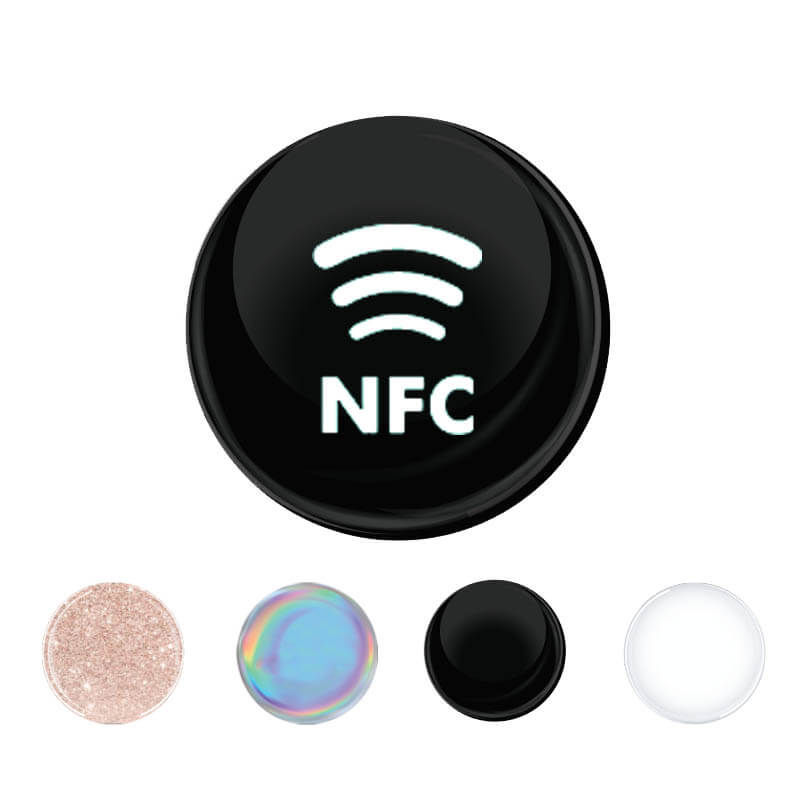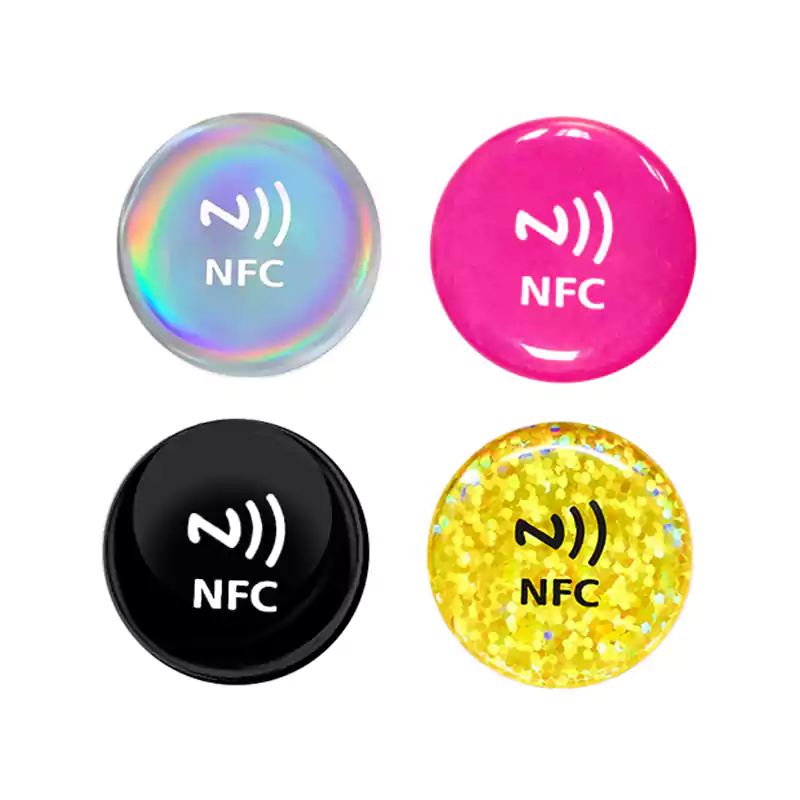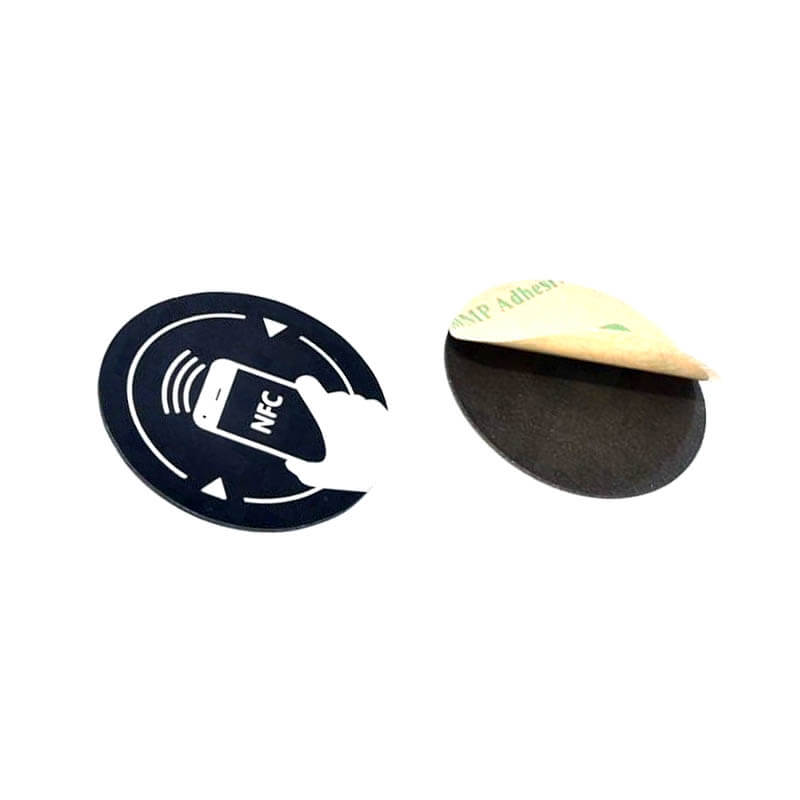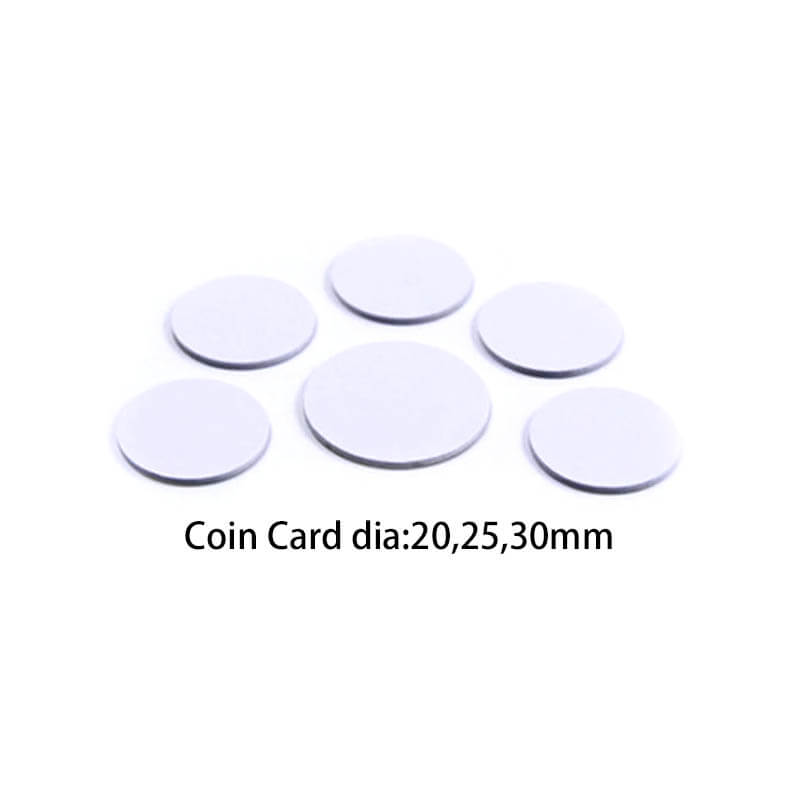Identification cards have become ubiquitous in modern life. From the keycard to our office to the contactless payment card we use on a daily basis, identification cards are part of our lives. There are two main types of cards: IC cards and RFID cards. Let’s take a closer look at these two types of identification cards and explore why you might choose one over the other.
What Is An IC Card?
An Integrated Circuit (IC) card is a type of smart card that contains an embedded microchip, antenna, and other components. This allows it to store data securely and carry out specific functions. IC cards can be used for many applications including access control, e-payment systems, loyalty programs, public transportation systems, and medical insurance programs. They come in various sizes and shapes, ranging from traditional credit card size to more specialized forms like keyfobs or wristbands.
What Is An RFID Card?
Radio Frequency Identification (RFID) is a technology that uses electromagnetic fields to identify objects wirelessly. It uses radio waves to transmit data between an RFID reader (antenna) and an RFID tag (transponder). The tag contains an integrated circuit that stores unique identification information about itself and its associated object. This information can then be used by a system integrator or with software applications such as access control systems or asset tracking systems.
Difference Between An IC Card And An RFID Card
The difference between an IC card and an RFID card lies in how they communicate with their readers. While both kinds of cards contain embedded chips that store data, IC cards require direct contact with their readers while RFID does not; instead, it utilizes radio frequencies for communication between the reader and the tag. In addition, IC cards offer better security than their counterparts since they require physical contact for authentication whereas RFID tags do not need any physical contact for authentication due to its wireless technology nature.
Lastly, when it comes to cost-efficiency in large scale operations like corporate offices or retail stores where thousands of transactions occur daily; it’s beneficial to use RFID as compared to IC cards due to its cost effective nature when considering long term usage cost perspective in such scenarios.
When choosing between an IC card or an RFID card for your business needs there are certain things you should consider such as security requirements, ease of use, cost effectiveness on long term usage perspective etc., depending on your specific application requirement either one can provide great benefits but understanding what makes them different will help you make the right decision for your business needs. We hope this article gave you some insight into the differences between these two types of identification cards!


